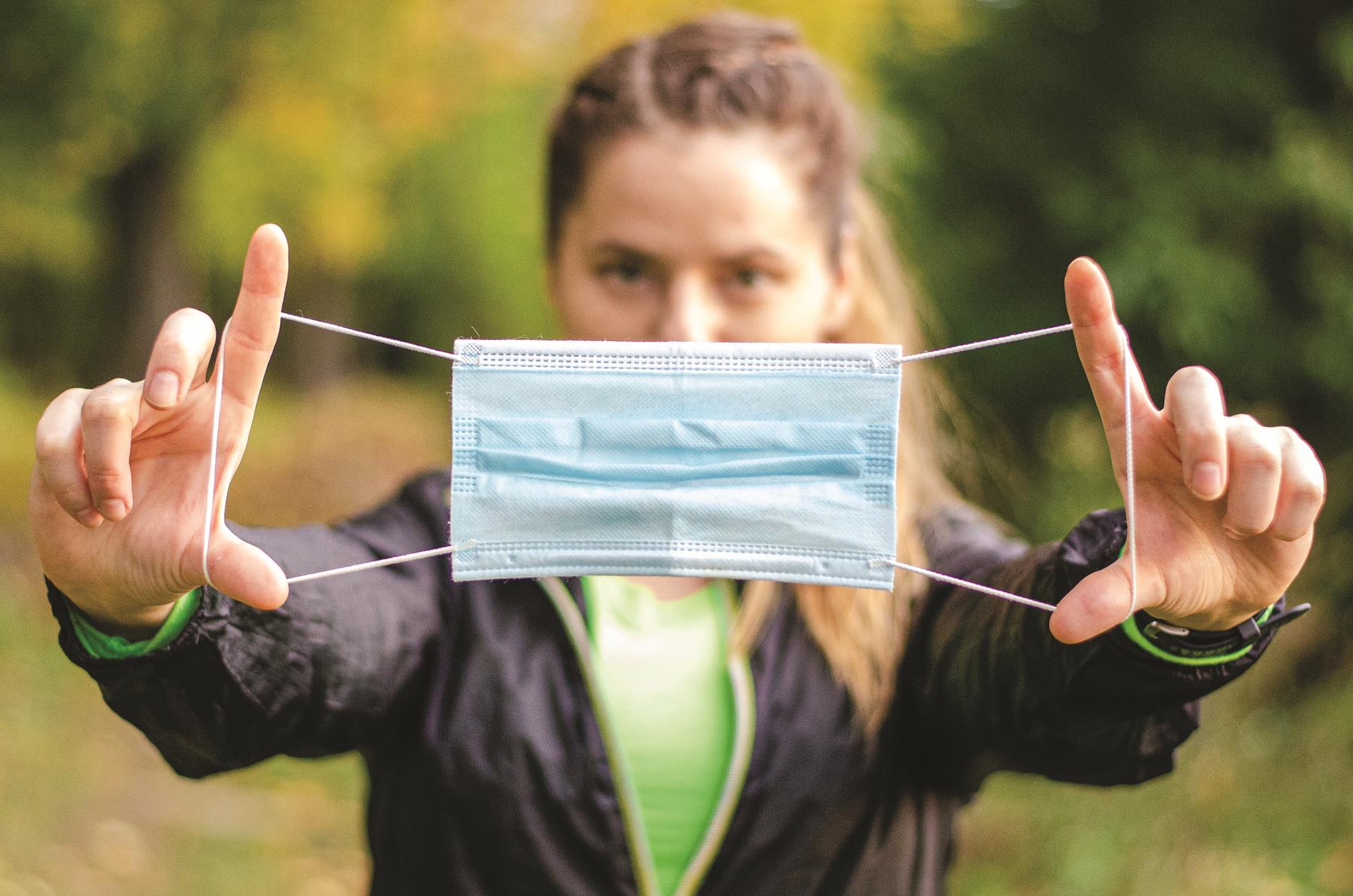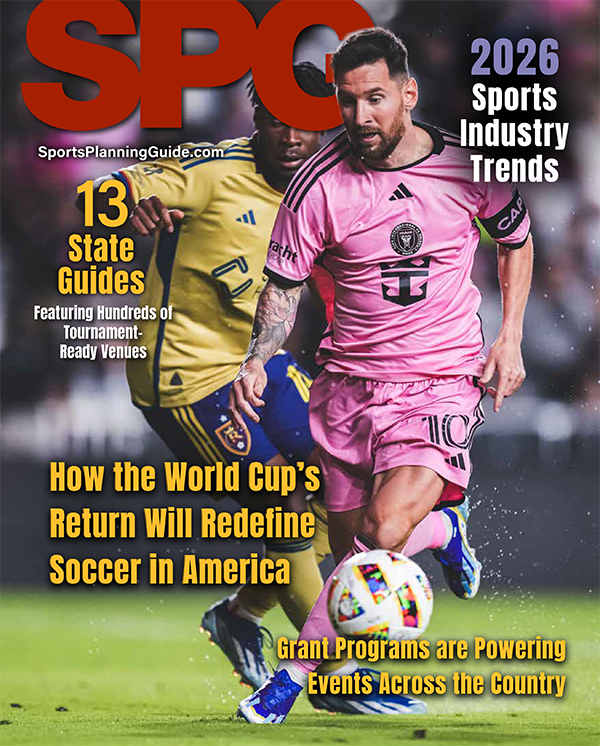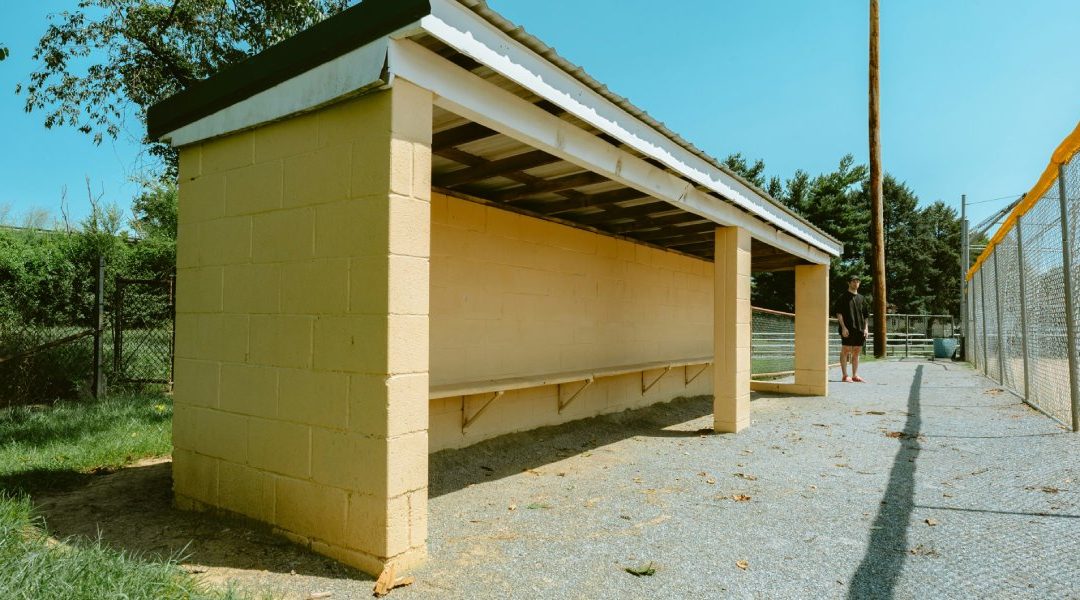This writing marks the sixth consecutive year our team at the Huddle Up Group has outlined the key trends in sports tourism.
It’s no surprise that with what 2020 delivered to us all, this year’s trends article was more difficult to write than anything we have offered in the past. When you consider the impacts of the pandemic, social injustice issues, and toss in a wild race to the White House, it’s hard to fathom that our industry will ever see another year like this one.
There is hope. The sports tourism industry has shown signs of recovery, well ahead of the other tourism verticals. The market also has once again proven its resiliency related to the business environment as a whole. As several sectors of commerce are trying to find a pathway to rebound, numerous sports organizations are forging ahead. We all know that sports are part of the fabric of our country. Finding ways to enable our young people to get back onto the field safely is paramount to their continued development and to our nation.
Given what we have all been through this year and where we need to get to in the future, we offer you the nine trends we are closely following leading into 2021 (We can’t do a top 10 in a year like this, right?)
1 – Create Anew – Created events will continue to become a vital business development tactic for destinations. Building locally owned and operated events, alone or with a sports club as a partner, allow for a sports commission or CVB to infill key dates on their calendar without risk of losing them through a bid process in the future. This process also limits the dependency on the national event owners, many of whom are fighting for survival and sustainability just as tourism organizations are.
2 – Drive Time – Continuing a trend that started pre-COVID, many athletes and teams are playing closer to home today than in years past. Tournament organizers need to focus even more of their recruiting and marketing efforts on the regional drive markets within a day’s drive of the host destination. This will hold true for all events, from the traditional bid-in tournaments to those locally created/operated.
3 – The I’s Have It – Individual sports have already proven to be the fastest road to recovery in the sports market. Many individual sports have safety measures built in where team sports do not. Golf, tennis, racing sports, pickleball and BMX have made big strides towards recovery. We believe the individual sports will continue to thrive as the pandemic plays out in 2021.
4 – The Great Outdoors – Outdoor sports have added opportunities in the near term. Archery, golf, tennis, auto racing, cornhole and sports that are traditionally contested outdoors offer natural safety measures that indoor events don’t. Add in some of the individual “silent sports” such as canoe/kayak, fishing and running, and destinations have a great opportunity to focus on potential business that is already on the rebound due to the venues (outside) where they transpire.
5 – Creative Finance – The way our industry has operated from a funding perspective has to be revisited entirely f rom both sides of the event partnership table. Many of the traditional financial tools that destinations had access to in the past have been compromised (such as bid fee funds). Similarly, the budgets of rights holders that depend on event fees and memberships for a large chunk of their revenues are in peril. Destinations and event owners will have to work within an entirely new paradigm and seek financial win-win partnerships in the future.
6 – Better Safe Than Sorry – Hosting organizations and their event partners will need to become experts at athlete and fan safety in the years to come. Even as COVID-19 starts to dissipate, the checks and balances that have been put in place to combat the pandemic will likely become industry standards in the future.
7 – Facility Futures – Today’s marketplace has prompted an entirely new discussion around facility development. There is a large national trend in repurposing publicly funded and managed venues, specifically in converting golf courses, pools and tennis courts into higher-volume (and lower operating cost) uses. There are dozens of examples of golf facilities becoming flat-field complexes, pools revamped into skate parks (or filled in entirely) and tennis courts being remade into pickleball venues. We also have to be open to using sports parks for non-sports purposes given issues related to the pandemic (see drive-up concerts in sports complex parking lots). Development and future use of our sports venues have to be focused on a new definition of what drives ROI, now more than ever before.
8 – Remote Control – Working remotely is not just a trend that industry was forced to adopt due to the pandemic. It is here to stay. If anything is the “new normal,” this is it. Given that the generations entering the workforce today largely prefer flexibility, remote work teams were likely going to take over the business world anyway. COVID-19 just sped up the process.
9 – Business as UNusual – The marketplace we all lived and worked in as recently as March of 2020 is no longer. The way we do business has been altered forever. We will have to conduct our business in entirely new ways and with fewer resources. However, the high expectations our organizations had prior to the pandemic will likely remain in place going forward, resources or no resources.
What does all this mean for us as we move into 2021?
As industry leaders we will have to find ways to give our work teams the tools and the ability to reach our collective goals. For many, the altered landscape that is sports tourism and events will prove to be challenging. Those who can adapt to whatever the “new normal” becomes will provide those whom we serve a foundation to build upon going forward. Those who cannot nimbly move through the minefields that today’s marketplace present to us will be bypassed by those who can pivot themselves and their organizations towards the light at the end of the tunnel. This includes a steadfast commitment to making decisions with ROI in mind, using whatever tools and data the industry offers us, and to delivering a very intentional value proposition to our stakeholders.
Here is to putting 2020 in the rear-view mirror and to setting out on a new pathway for our industry – wherever that pathway takes us.

Jon Schmieder is the founder of the Huddle Up Group LLC, a sports industry consulting company. The Huddle Up Group has worked with more than 75 sports organizations and destinations on over 150 strategic projects. In 2017 the Huddle Up Group was given the Superior Service Award, the highest honor a consulting firm can earn from the National Association of Sports Commissions. Contact: jon@huddleupgroup.com or 602-369-6955. To receive the weekly “Monday Huddle Up,” visit www.huddleupgroup.com.




